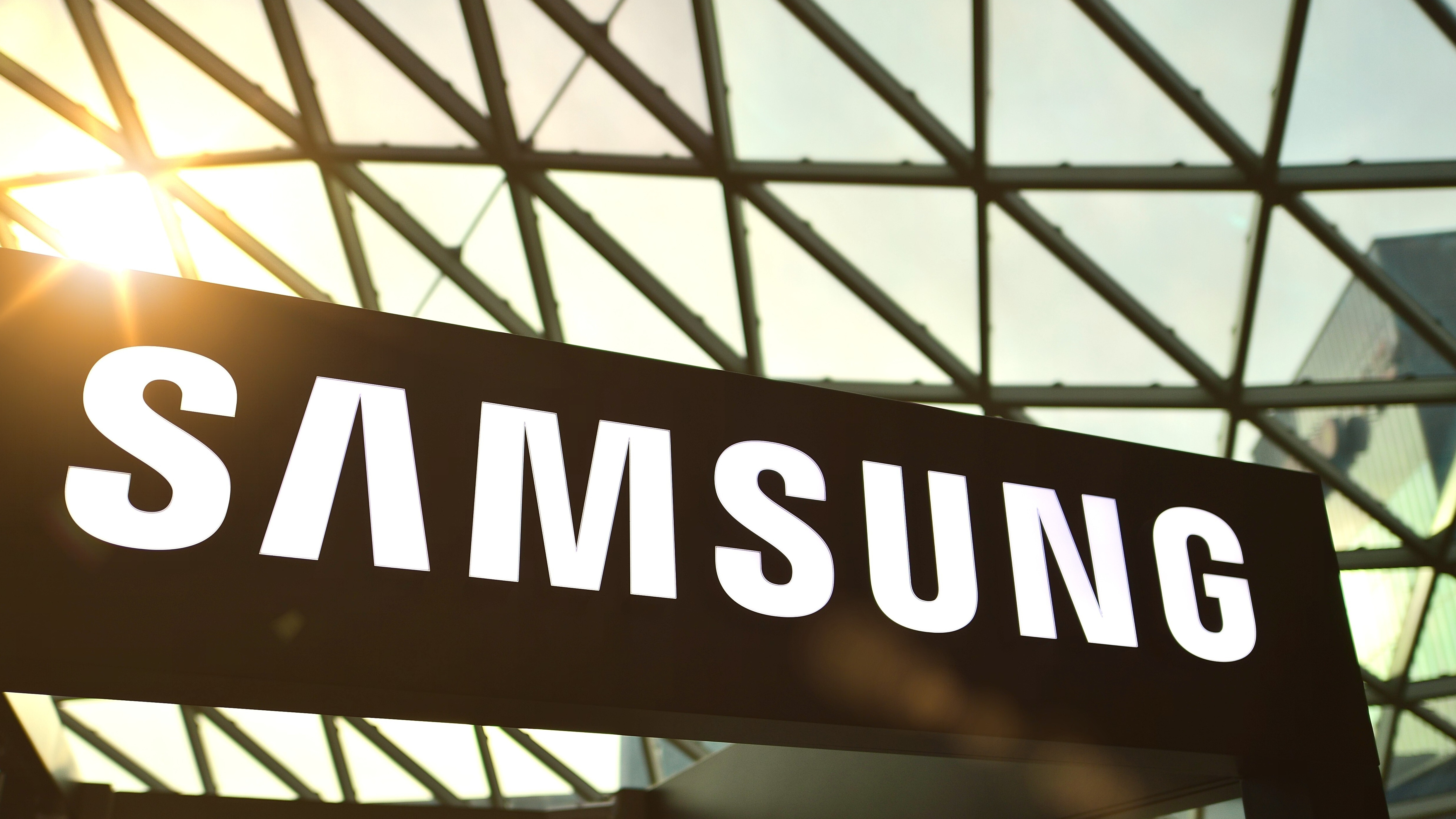Samsung HBM3E chips reportedly fail to meet Nvidia's heat and power requirements — Korean chipmaker continues to struggle for Nvidia HBM3E orders
More business opportunities for Micron and SK Hynix?

Reuters reports that Samsung is facing challenges with its latest HBM3 and HBM3E memory stacks. They have failed Nvidia's tests due to excessive heat and power consumption issues. This setback is significant for Samsung as Nvidia dominates the global processors market for AI applications. But this could be an issue for Nvidia, which needs all the HBM supplies it can get to meet the demand for its processors based on the Hopper and Blackwell architectures.
Formally, Samsung's HBM3E memory stacks are the fastest in the industry, rated for data transfer rates of up to 9.8 GT/s/. Samsung officially started production of its 24 GB and 36 GB HBM3E in late April. However, the report from Reuters says that without elaboration, some of Samsung's HBM3 and HBM3E devices cannot pass Nvidia's validation for specific products.
Samsung's HBM3 and HBM3E stacks' failure to pass Nvidia's tests has been attributed to problems with excessive heat dissipation and power consumption, but again, there is no word which of Samsung's products overheat with which of Nvidia's GPUs. According to the report, Samsung has been working on these chips since last year but has yet to meet Nvidia's stringent requirements. It is a critical issue as Nvidia's approval is vital for Samsung's HBM business.
Despite these challenges, Samsung claims to optimize its products in collaboration with customers. The report says the company denies that the failures were due to heat and power issues and insists that testing is progressing as planned.
By contrast, competitors SK Hynix and Micron Technology have successfully supplied Nvidia with HBM3 and HBM3E modules. SK Hynix, in particular, has a technological edge due to its extensive investment in research and development of HBM memory in the last 10 – 12 years. At the same time, Samsung's struggles with meeting Nvidia's requirements mean better business opportunities for Micron and SK Hynix, whether these two companies can meet Nvidia's growing demands for HBM3E memory. Meanwhile, whether Samsung can supply its HBM3E devices to other companies, such as AMD, is unclear.
The market eagerly anticipates the rapid adoption of HBM3E memory, with shipments expected to concentrate in the latter half of the year. Therefore, Samsung has time to tweak its production process to solve the reported issues.
Get Tom's Hardware's best news and in-depth reviews, straight to your inbox.

Anton Shilov is a contributing writer at Tom’s Hardware. Over the past couple of decades, he has covered everything from CPUs and GPUs to supercomputers and from modern process technologies and latest fab tools to high-tech industry trends.
-
The original report might not be fully correct. It is a bit unclear whether this is a production issue at Samsung's Fab, a packaging related issue or something else entirely.Reply
Since a failing qualification tests certainly doesn't mean that Samsung's process is flawed; in reality, Samsung has supplied HBM3 memory to AMD for its Instinct MI300X accelerator.
As per some insider industry reports, these failing tests were associated with how high the "bar" and expectation was established by NVIDIA's partners like SK hynix, and some related it to the fact that TSMC was also a bit reluctant to see the inclusion of Samsung into the supply chain, so the situation is uncertain as of now.
But we can't verify the accuracy of these claims/rumors though.
Any quality tests by clients taking months is not uncommon in the chip industry, where a new chip will start development usually two years in advance before it rolls out commercially. Back and forth with a client over varying test results is also not uncommon.
Meanwhile, whether Samsung can supply its HBM3E devices to other companies, such as AMD, is unclear.
Well, I suppose AMD might be in a better position if this news is to be believed. Though, this can't be directly correlated with the current power/heat issues Nvidia is facing.
But anyway, Korean media recently reported that the Samsung has gained AMD's trust in its HBM3E memory. The Korean giant has decided to supply HBM3E 12-layer DRAM to AMD, which is expected to come into mass production sometime later this year. The contract is worth around 4 trillion won, or $3 billion.
The report further states that Samsung has bought AMD's GPUs in exchange, but the quantities haven't been disclosed yet.
https://www.viva100.com/main/view.php?key=20240423010007552 -
thisisaname ReplyBut we can't verify the accuracy of these claims/rumors though.
That the great about rumours, you can write so many column about then and not have to produce any evidence, other than "someone said".
Not saying the author of the article made it up but rumours do lead to a lot of interesting articles :) -
I knew this was coming:Reply
Samsung Electronics has firmly denied a Reuters report alleging that its high-bandwidth memory (HBM) products failed to meet Nvidia’s quality standards.
https://www.businesskorea.co.kr/news/articleView.html?idxno=217731